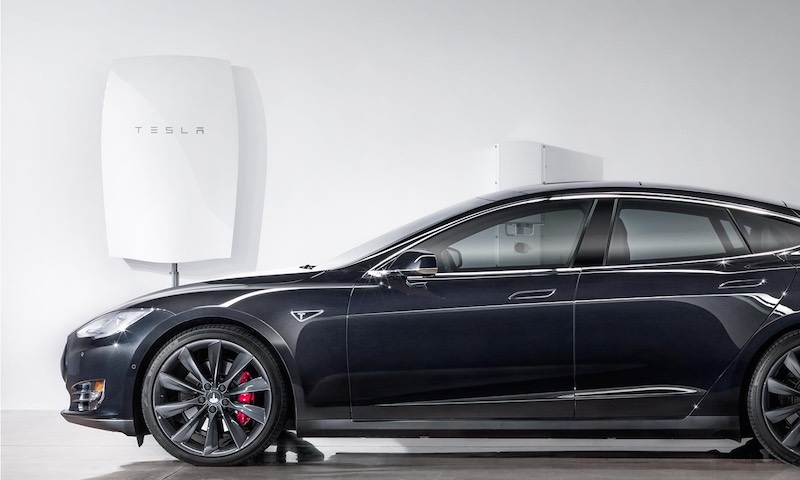Buying a low-emission vehicle could lead to a bigger payoff for consumers, according to a study released today by the Massachusetts Institute of Technology.
Researchers examined the most popular 125 vehicles on the market — including those powered by batteries, hybrid drives and internal combustion engines — and found that when the full-costs of buying and owning vehicles were compared to their total greenhouse gas emissions, lower-emitting cars were less expensive.
“One doesn’t have to pay more for a lower carbon-emitting vehicle,” said Jessika Trancik, associate professor in energy studies at the Institute for Data, Systems and Society. “In fact, the group of vehicles at the lower end of costs are also at the lowest end of emissions, even across a diverse set of alternative and conventional engines.”
WATCH: Tesla’s New Affordable Electric Car Went on Sale, Website Swamped With Orders
Trancik and her team looked at a car’s sticker price and its lifetime costs for operations and maintenance. They then compared those figures to emissions from vehicle operation and manufacture and pollution from producing its fuel or generating its electricity.
The researchers found the Toyota Prius, Nissan Leaf and other small hybrids and electric vehicles were among the cheapest per mile driven. Smaller traditionally fueled vehicles were also cheaper but emitted almost 40 percent more greenhouse gases than comparable electrified cars.
On the opposite end of the spectrum, large internal-combustion engine cars like the Chevrolet Suburban were among the most expensive and most polluting.
CHECK OUT: Saudi Prince to Give 10,000 Cars and Houses to Needy Families
Co-author Geoffrey Supran said the study results provide a definitive counterpoint to arguments that electric vehicles aren’t worth the cost because they use electricity produced by polluting power plants.
“There are a lot of myths floating around about hybrid and electric cars, like that they’re no better than your average gasoline vehicle,” he said. “Our study shows that is just not true.”
And while alternative powertrain cars have lower life-cycle emissions, they do not necessarily cost more.
About half of the hybrid vehicles examined in the report were cheaper overall than their internal-combustion engine counterparts.
MORE: New Law Protects People Who Break Into Hot Cars to Save Pets
While two electric cars studied were significantly more expensive than traditionally fueled vehicles, the Nissan Leaf cost 20 percent less than the average internal-combustion engine vehicle.
By the same token, the Ford Focus battery electric and the Ford Fusion plug-in hybrid were cheaper than their internal-combustion engine version.
The study noted that consumers may not be aware of the full costs of purchasing traditionally fueled vehicles. Indeed, when researchers only examined vehicle sticker prices, they found that the comparison shifted in favor of internal-combustion engine vehicles.
“There are a lot of opportunities for decarbonization in the transportation sector,” Trancik said. “It’s fairly easy to buy a lower-emissions vehicle if you have easy access to the information.”
Reprinted with permission from E&E Publishing
Help Clean The Internet Of Negativity: Click To Share – Photo by Tesla Motors




















